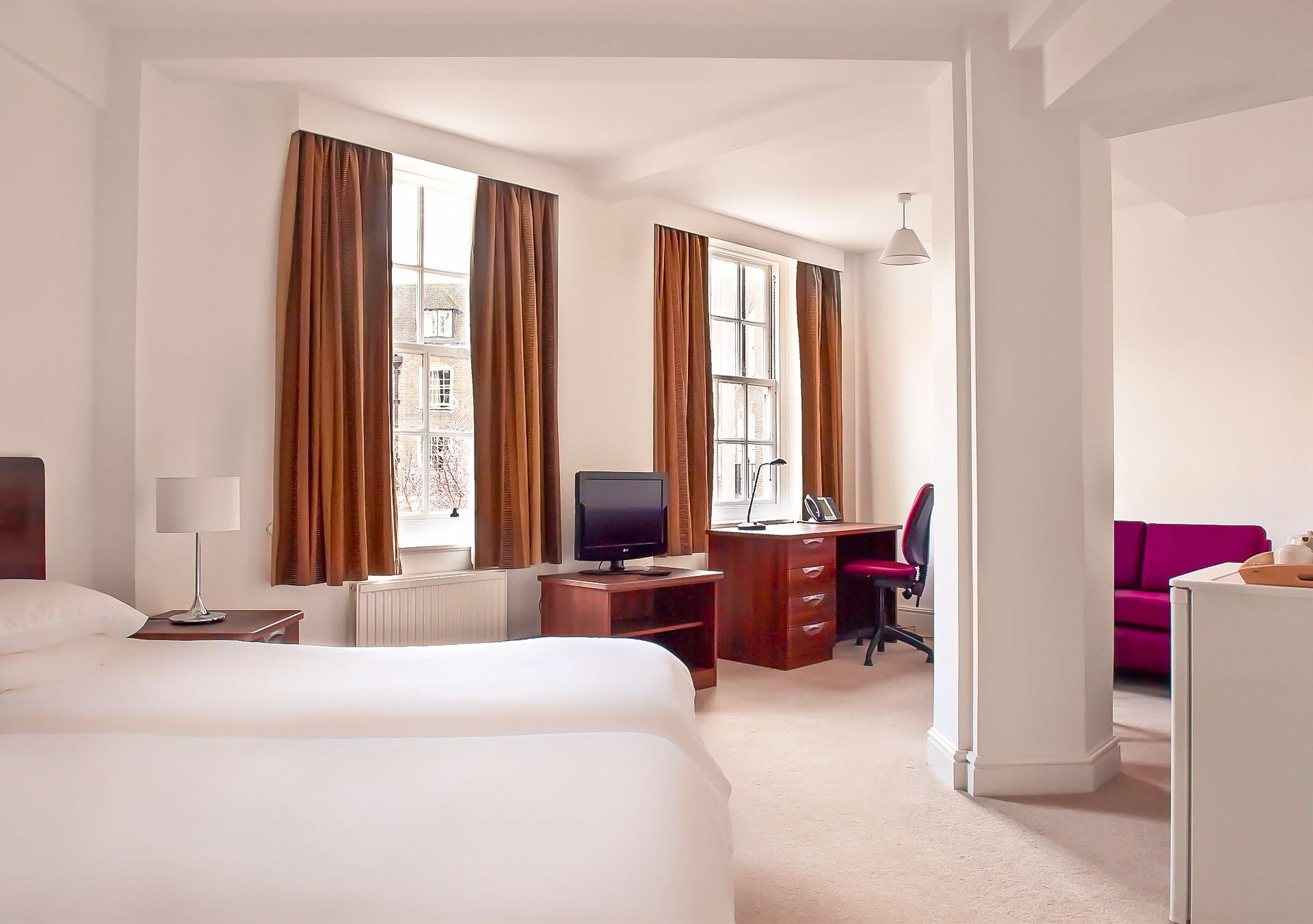Chieti is a city and commune Central Italy, 200 km northeast of Rome. It is the capital of the Province of Chieti in the Abruzzo region and is a hilltop town overlooking the Aterno valley it lies on a crest along the Pescara River a few kilometres away from the Adriatic Sea, and with the Maiella and Gran Sasso mountains in the background.
These days, the main reason to stop by is to the visit the town's two fascinating archaeology museums. Museo Archeologico Nazionale dell'Abruzzois housed in a neoclassical villa in the Villa Comunale park and displays a comprehensive collection of local finds, with the star event being the 6th-century-BC Warrior of Capestrano, who was considered the most important pre-Roman find in central Italy. Mystery surrounds the identity of the warrior, but there are rumours that it could be Numa Pompilo, the second king of Rome and successor to Romulus. The museum also showcases 5th century BC funerary steles, an impressive coin collection, and some colossal statues including that of a seated Hercules dating from the 1st century BC.
Nearby is the Complesso Archeologico la Civitella, a modern museum built round a Roman amphitheatre. Exhibits chart the history of Chieti and include weapons and pottery dating back to the Iron Age.
Chieti still practices some of the oldest fishing methods in the world and the trabocco is a significant example of this heritage. A trabocco is an ancient Italian fishing device that closely resembles a rickety pier and wooden shack but is actually a jumbled mass of pulleys and levers that work together to capture large quantities of fish and shellfish. Long logs of weather-resistant Aleppo pine jut out of the shack at the end of the pier. These logs support large mesh nets that are lowered into the water to catch fish brought in the currents.
Most trabocchi are often “pop up restaurants” that serve fresh catches of the day and customers can be sure to sample the tastiest fish and calamari prepared in typical Abruzzo style. A typical dish is a brodetto, a delicious variation of French bouillabaisse. It is made of a rich rosa tomato broth, stewed with a variety of Adriatic seafoods, such as prawns, monkfish, rockfish and scallops.
The University of Chieti is based in Chieti and Pescara and hosts about 35,000 students, covering areas of Architecture, Arts and Philosophy, Economics, Foreign Languages and Literatures, Management, Medicine, Pharmacy, Psychology, Sciences, Social Sciences and Sports Medicine.
Regular buses link Chieti with Pescara and run ever 20minutes and cost 2 Euros.
